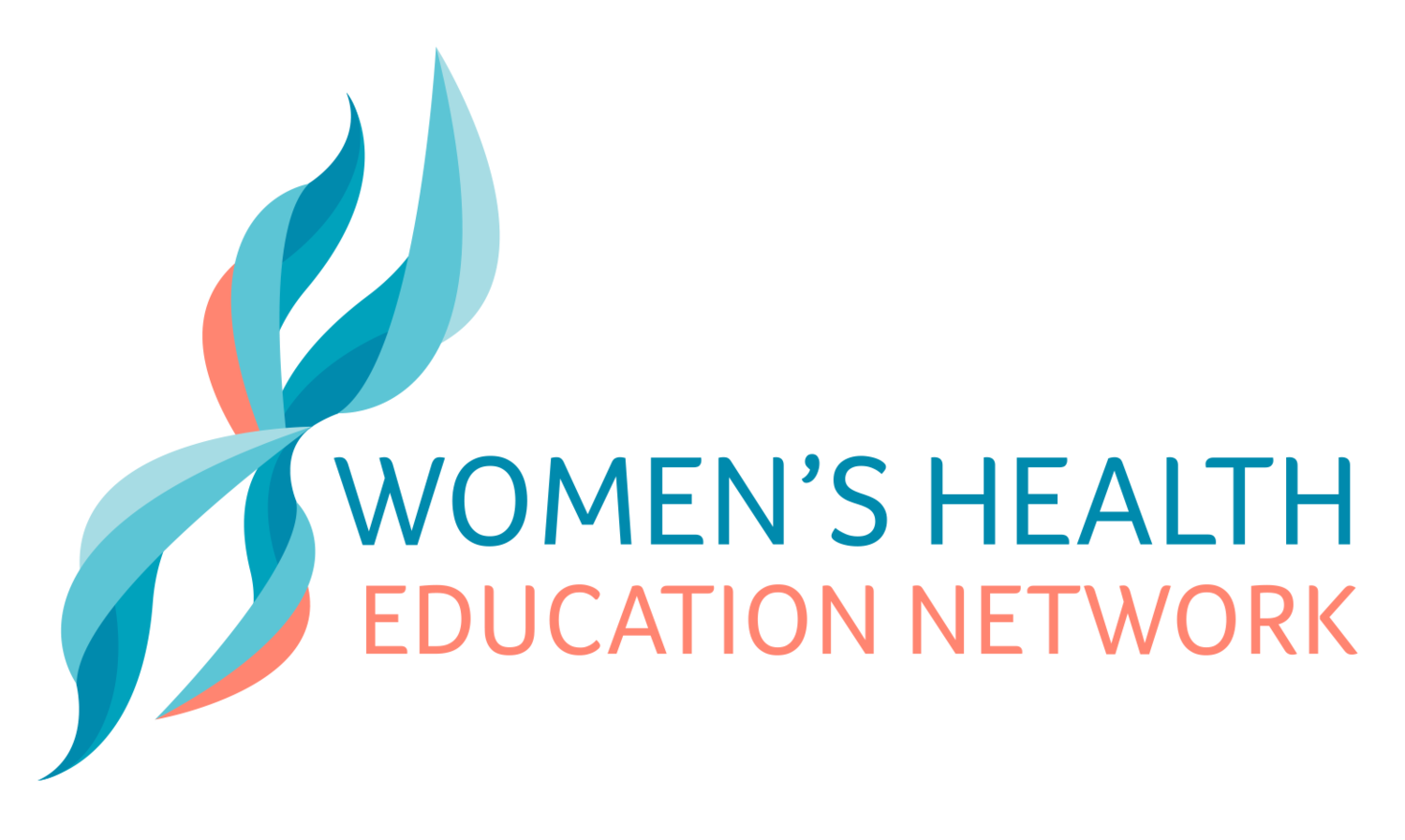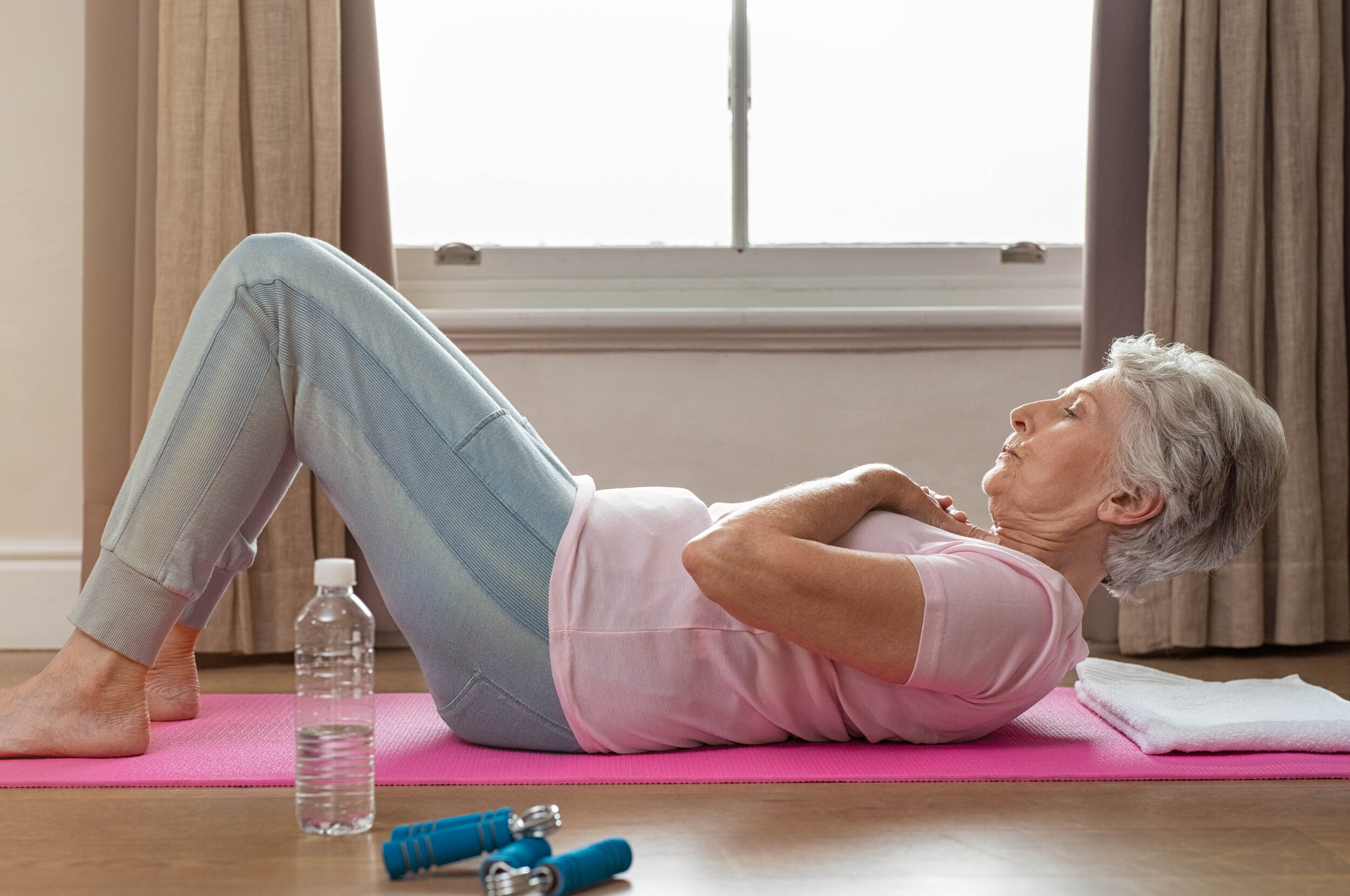Ageing and Thriving - Exercise for over 70s
Different stages of life create different routines. Sadly, as we age, dedicated time for exercising seems to disappear from that routine. However, if you or someone you love is 70+ years old and wants to start exercising, they can!
Whether you start today or in 30 years, exercising will ALWAYS be beneficial for your mental and physical wellbeing, inside and out!
Exercise and Dementia Prevention
It is now well accepted that ageing, genetic, medical and lifestyle factors all contribute to the risk of dementia in our population. Whilst some people are more at risk than others, everyone has the ability to ensure their long term physical and mental health.
It is reported that around a third of dementia cases can be linked to risk factors such as physical inactivity, smoking, and high blood pressure. All of these factors can be avoided if you take responsibility for your health and wellbeing.
The best type of exercise to prevent bone loss? WHEN Q&A
The best type of exercise to prevent bone loss? Short Answer: A combination of progressive resistance training, weight-bearing exercises and balance/mobility training. To improve or maintain bone health, exercise is integral to slowing this decline! Activities that create a ‘loading’ effect on the bone stimulate extra deposits of calcium and nudge bone-forming cells into action. Relatively few loading cycles or repetitions are needed - short bouts separated by periods of rest are most effective. The result is stronger and denser bones!
Exercise Post Heart Attack
Along with managing lots of other lifestyle factors, exercise should form a part of your ongoing treatment when you leave hospital. Most people will hopefully begin a cardiac rehabilitation program before or soon after leaving hospital.
It is important to talk to your doctor or cardiac rehabilitation team about when you can start different activities again and how to pace your program.
Exercise and Wound Healing
Comprehensive wound management considers a broad range of factors from wound type and size, other medical conditions and lifestyle factors, dressings or compression used, and elevation of the wound as needed.
However, adding gentle mobilisation and exercise alongside these considerations can make a difference to acute wound healing, especially in older people.
Once you have got the all clear from your health provider, structured return to exercise can help build strength and improve balance and mobility. All of which help to decrease the chance of falls in the future.
Cardiac Disease and Exercise
If you have a heart condition it is always important to consult your Cardiologist or General Practitioner before undertaking a new physical activity routine. The important thing to remember is that any physical activity is generally better than none and in most circumstances it is more beneficial to remain physically active than not.
If you have had medical advice regarding your capacity to be active that should provide a good guide about what you can be working toward. You may need some specialist advice to accommodate your individual requirements and your GP or cardiologist may advise you to see an Exercise Physiologist or a Physiotherapist.
The Heart Foundation of Australia (www.heartfoundation.org.au) website provides information on the benefits and general guidelines of physical activity for your heart and overall health.






